
Although not the normal sort of writing that appears on the JustSeeds website, I thought some of our readers may be interested in a recent column I wrote. The following article was written for Give Me Back, a DC-based hardcore zine in the vein of HeartattaCk. Now in its’ fifth issue, GMB publishes a rotating column on teaching in each issue. For issue #5, Estrella Torrez and I co-authored a column addressing the relationship between punk ontologies and the university.
What follows is our essay. Let us know what you think. If you like it, you may order your own copy from GMB.
‘Claiming the University as a Punk Space’
Punk and academia are queer bedfellows. Any hardcore kid who has spent time in a university classroom will recognize the inherent contradiction between her/his anarchic (and activist) desires to create an alternative and equitable society and the university’s ability to restrict all counter-hegemonic voices within it. Although conservative pundits, such as David Horowitz, portray the university as an autonomous sphere where old Left intellectuals train and inform new generations of anti-capitalist activists, the university allows only a minimal degree of dissent before discarding those rebellious and anti-authoritarian voices. The high-stakes examples of tenure-dismissal and tenure-denial for Indigenous activist-intellectuals Ward Churchill and Andrea Smith are only two of our allies who have been denied a space within the university.
Let’s be honest, higher education could care less about the things punk care about: radical feminism, anti-capitalist self-organization, Third World liberation, veganism or the production of new and liberated societies. While the university has the façade of radicalism, it is nothing more than a ‘free-trade area’ where the capitalist model of ‘intellectual entrepreneurship’ has superceded any organic means of disseminating knowledge. Most recently, it has become a space that proposes the development of an ‘engaged global citizenry,’ while ignoring the most fundamental issues of inequality. Meanwhile, disregarding the basic educational tools needed to truly open discussions of what it is, why it is important and how we may actually become an ‘engaged global citizen.’ One aspect of being a global citizen is commonly interpreted into a crass form of vulantarism. Therefore, each year, thousands of students enter ‘volunteering obligations,’ without understanding the very systems that necessitate them partaking in such practices. Volunteers enter soup kitchens, homeless shelters, suicide hotline centers and the like spending a few hours (enough to report back to their professor in the form of a power point presentation or final paper) without the rudimentary knowledge that would enable them to critique the capitalist origins of their need to volunteer.
Instead of evoking a commitment to active social transformation, the university has become a space where corporate colonization impedes and inhibits the (presumably) public space of the university. Although dialogue is at the core of any revolutionary education, the dominant pedagogical (teaching) mode used within the university classroom remains alienated from any authentic learning. This is not to say that the university (and those of us operating within its’ grasp) does not foster the specter of a new world. In many ways, as students and intellectual workers, we believe that it does. This is the reason, I suppose, that there are punks and anarchists operating within the university’s framework, both as students and professors. But all too frequently, this specter haunting academia is simply the veneer of potential democratic engagement.
In turn, the university has become adept at pretending to allow resistant practices within its structure. These dissenting voices may be politically motivated, such as anarchists, punks, Marxists, council communists, or anti-authoritarians, or their very presence in the university may challenge the status quo (Chicana/os and Latina/os, Blacks, American Indians, immigrants, working-class kids, or women and feminists). For the most part, schools are a system of dominance. As many critical pedagogues such as Paolo Freire, Antonia Darder, Paul Willis and Joel Spring point out, public education has historically been the location where students learn (and accept as natural) their marginal place in the existing social order. This makes me wonder where punks and hardcore kids have learned to accept our role on the margins of society?
Although neither of us believe that punk should be mainstreamed and therefore lose its oppositional nature and liberatory potential, we are nonetheless of the opinion that by infiltrating the academy the presence of our punk knowledge systems will likewise begin to penetrate the fucked-up nature of capitalist infrastructure. Moreover, by alienating certain sectors of society from the university system (or those of us that negate our privilege by choosing not to attend university), we simply begin to accept our own place on the margins of contemporary society. Although we advocate for the creation of parallel institutions, such as free-schools and open-universities, we also believe that punk intellectuals and other radicals must never consent to being denied a place within the academy.
Unfortunately, this continues to happen! How many of you, dear readers, have registered for a university course, elated about the prospects of engaging in academic-based activist projects, only to be shut down by a professor who was unable to understand the realities of the DIY ethic? We have each had many conversations over the years with friends, acquaintances, comrades, and fellow punks whose knowledge and experience were deemed insufficient against those of the university. Forced out by biased and un-accepting professors, many of these punk kids decided to leave academia, rather than stay and (re)claim the academy as our own. So at this moment, we stand firm. W demand that the time is now when we begin to declare the university as a punk space!
The tenants of hardcore, as expressed in Craig O’Hara’s The Philosophy of Punk, are based in our collective response to our shared experiences of capitalist alienation. If we have any hope to circumvent capitalism and the affiliated processes of corporate globalization, we must begin to use pedagogy (both within and without dominant systems) as a means toward liberation. Although we may begin to create alternative infrastructure, which we believe must be amplified, the reclamation of the university must also occur.
Our pessimistic orientation, however, only highlights one vantage point on the oppressive nature of schooling. Seminal vegan, anarchist, pro-queer, peace-punks Propaghandi offer an alternate way of position knowledge and the education system. Accordingly, Propaghandi maintain in their typical tongue-in-cheek fashion:
‘At some turning point in history
Some fuck-face realized
That knowledge tends to democratize…’
We cannot help but commenting on how beautifully written these lyrics are.
Although the educational system may be used to marginalize and oppress certain segments of the population, it may also be used to counter these practices. Education, in the eyes of Paolo Freire and his revolutionary Pedagogy of the Oppressed, is at the core of any radical social change. Moreover, it is here where cultural workers choose to either actively work to politicize or depoliticize those that enter the space.
If we, as punk teachers and professors, are truly intent on creating a democratic and equitable society, we must 1: begin to open up what we consider ‘knowledge’ to include punk epistemologies, as well as; 2: begin to infiltrate the university, both as students and faculty. By doing so, we will amplify what is presently being done and finally produce ‘a new world in the shell of the old,’ as the Wobblies have always maintained. We must discontinue the progression of the university as an industry that produces depoliticized workers. This is not to say that faculty and students who are actively creating radical spaces within the academy do not exist; in fact they do, however not in critical mass or centralized within one locale. But these spaces are still quite minimal in number. Once punk academics establish intellectual communities that support critical thinking, encourage activist work, and develop alternative futures, will the capitalist tide within the academy begin to change.
In a concluding note, the authors are presently coordinating a conference at Michigan State University for punk teachers and intellectuals, both within the university and public school system, as well as those working in parallel ‘institutions.’ From this, we hope to create a vibrant and active network and possible publication for those of us committed to punk pedagogy. If interested, contact us at dminer@msu.edu or torrezjs@msu.edu.
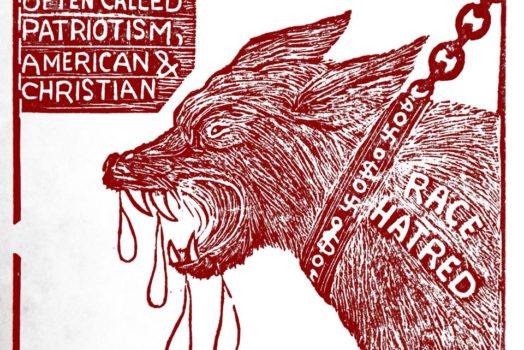

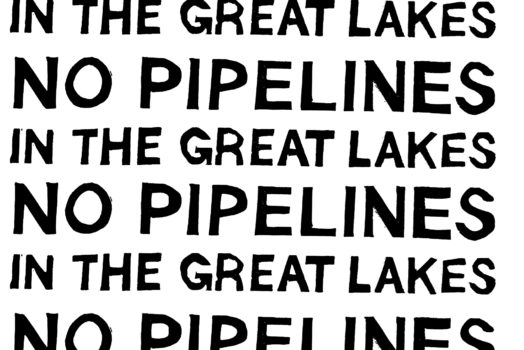

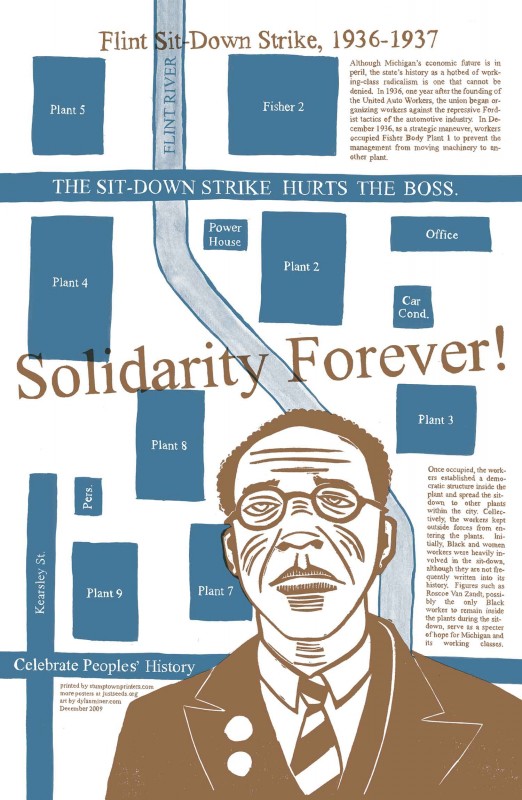
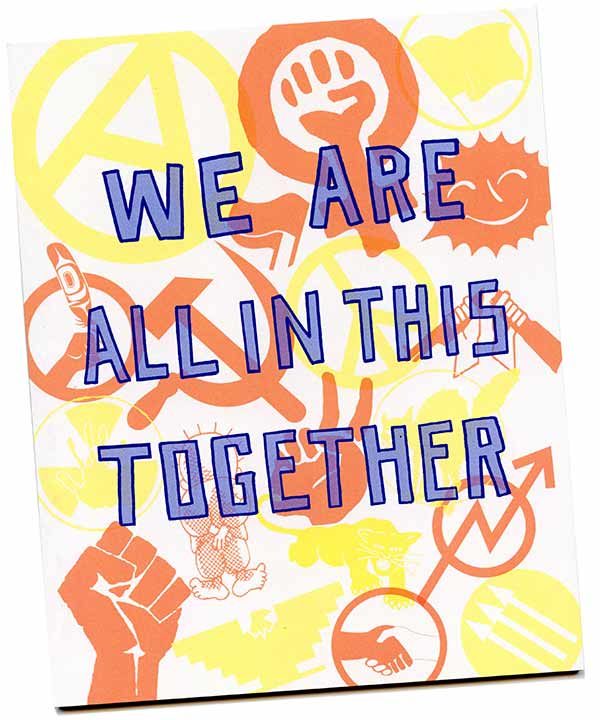

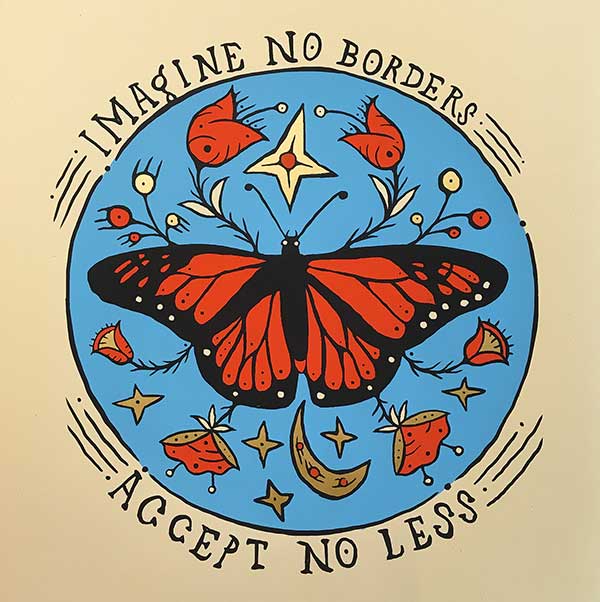
Very nice essay.
As someone who has been through the university mill, I believe that those of us who survive the attempts at homogenization and indoctrination typically do not become professors for two reasons: 1) The expense of getting the PhD required to teach at the university level; and 2) The attractiveness of of grade school and library work in comparison to professorship. Personally, I chose the library track and have found many similar minded co-workers…
Agree with most of what you say, but I don’t see why alienation and anti-capitalism has to be intrinsically linked to punk. I share the same political views, but personally prefer drum and bass.
I wouldn’t say that radical political orientations are inextricably linked to punk, rather punk emerged as a counter-hegemonic movement. Lots of hip-hop has developed along a similar anti-capitalist axis, but most of it has little to do with the culture of punk. I wouldn’t argue that this is somehow less radical. Instead, it makes sense that there are multiple anti-capitalist positionaities. My article, in particular, is intended as an auto-critique offered both toward the university, as well as toward the punk community.
As such, I believe that the equations should read:
punk = anti-capitalist
anti-capitalism ≠ (always) punk
Ok then. Though to be honest, over here in the UK, punk (to what degree it even still exists) has become an empty hipster pose. Just another meaningless off-the-shelf lifestyle identity choice in the supermarket of capitalism.
Awesome, I didn’t know about this topic until now. Thanx!!